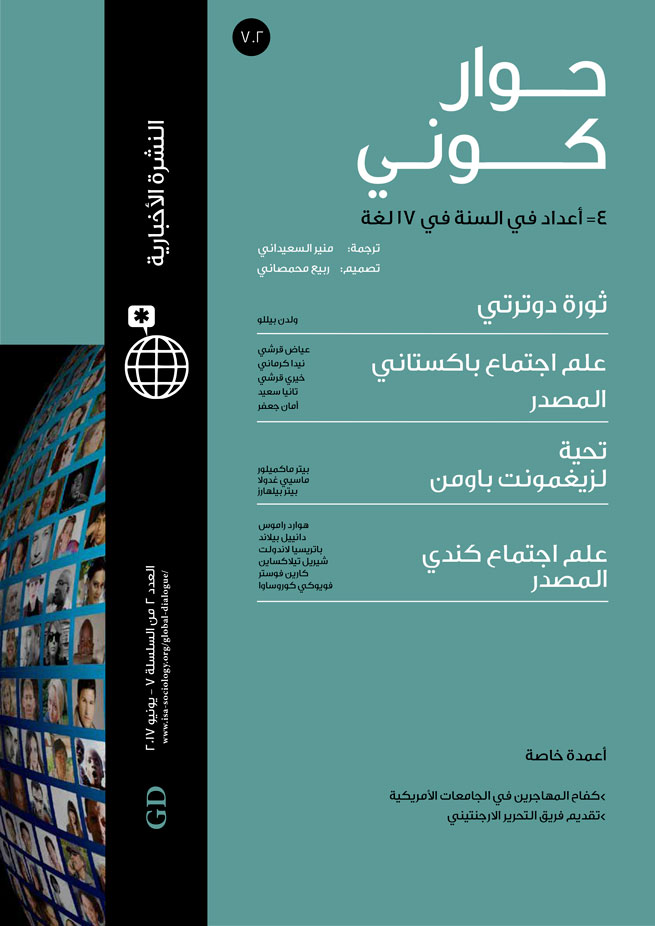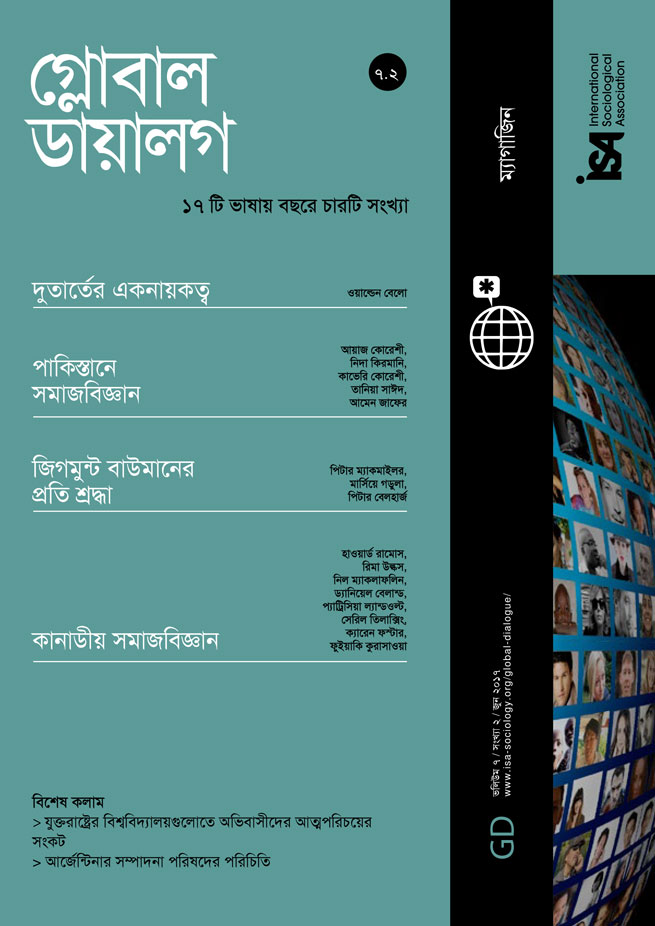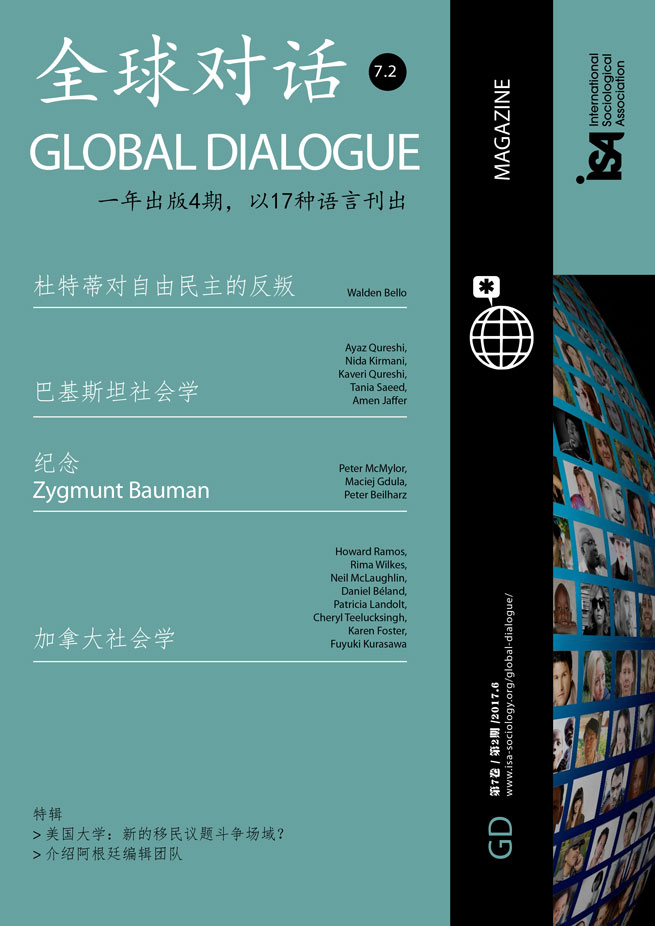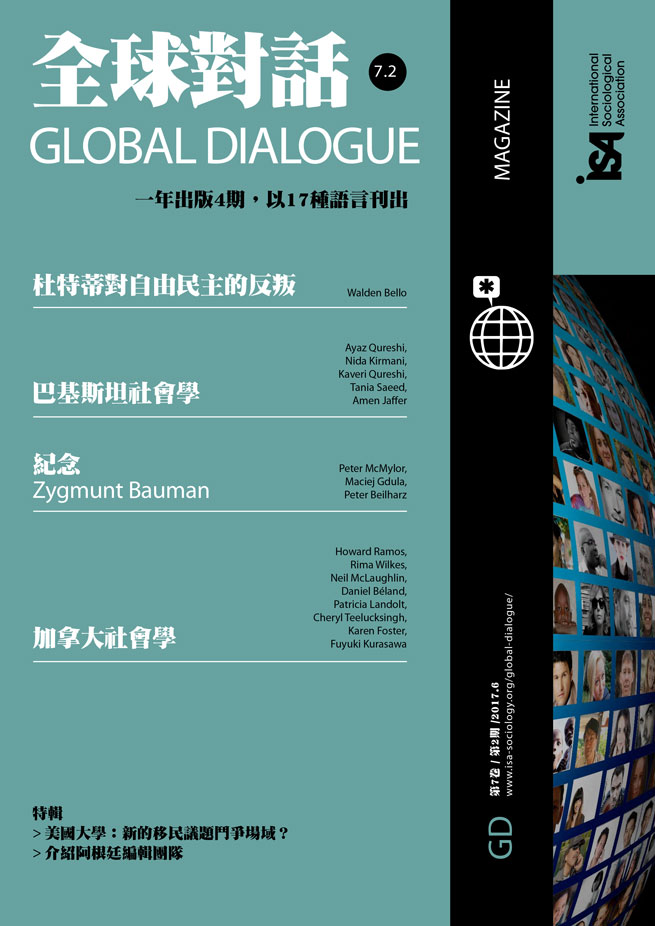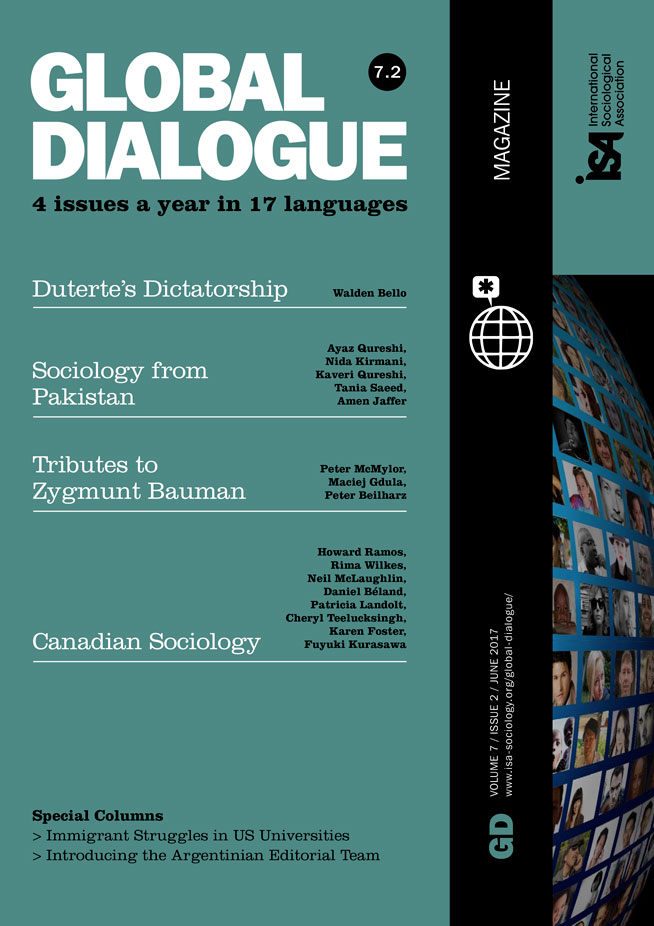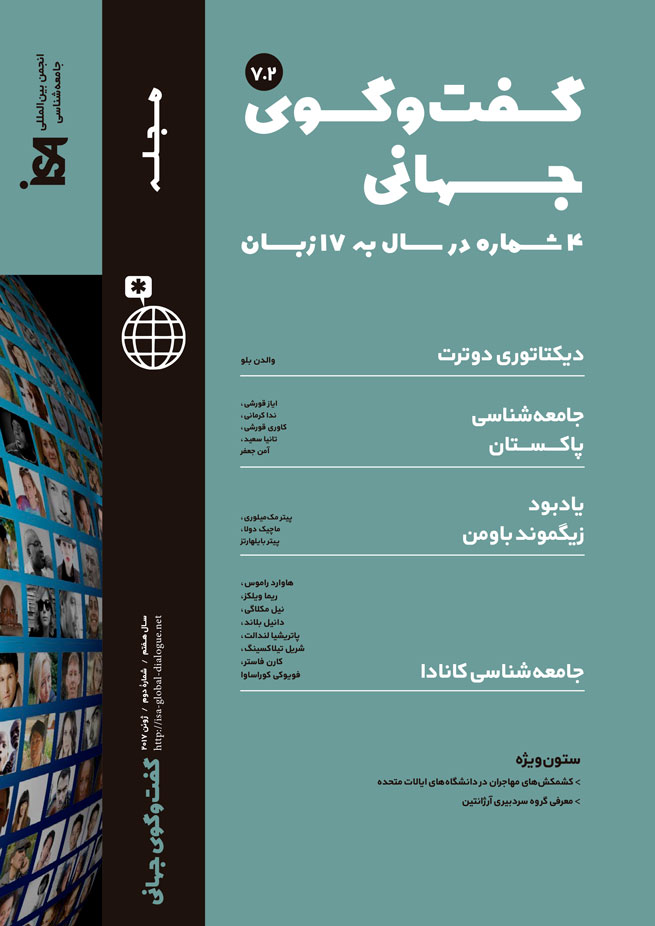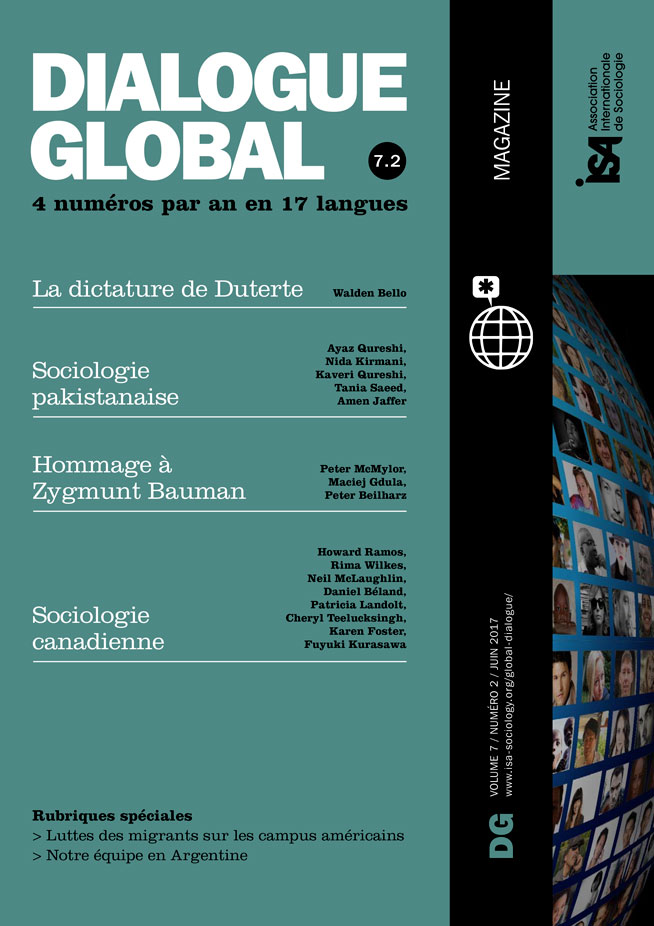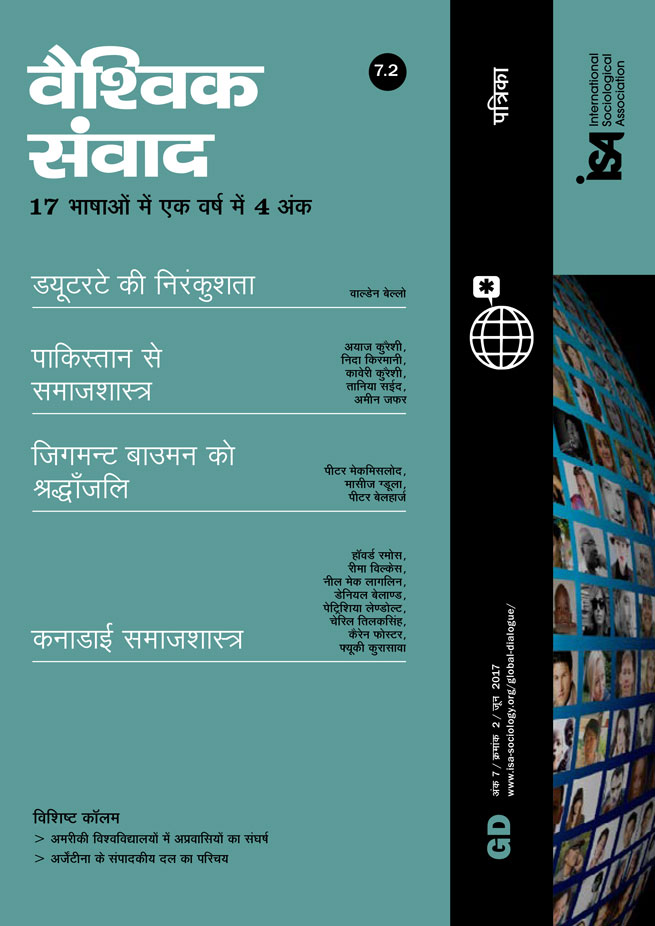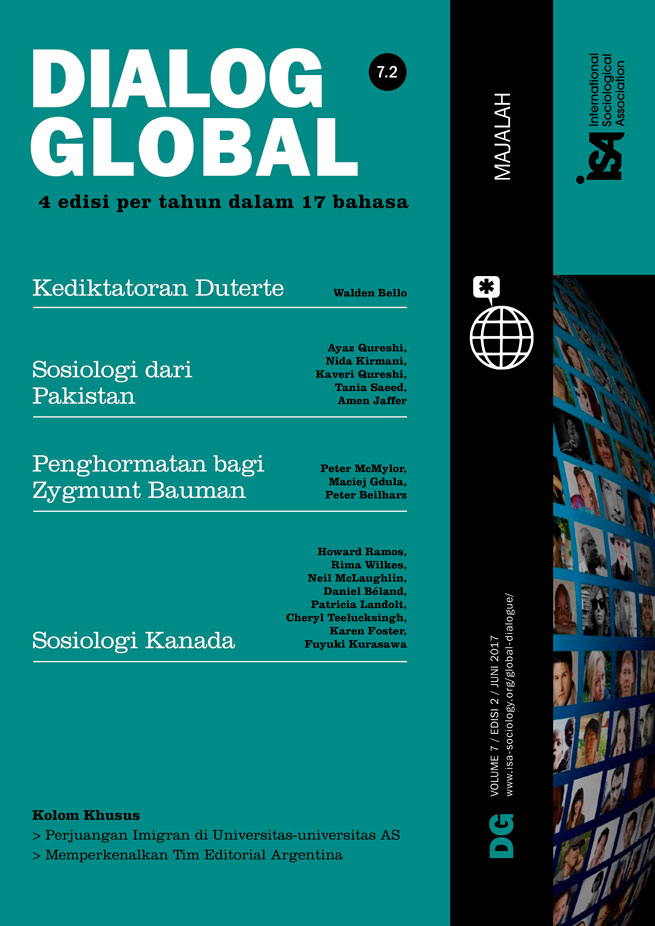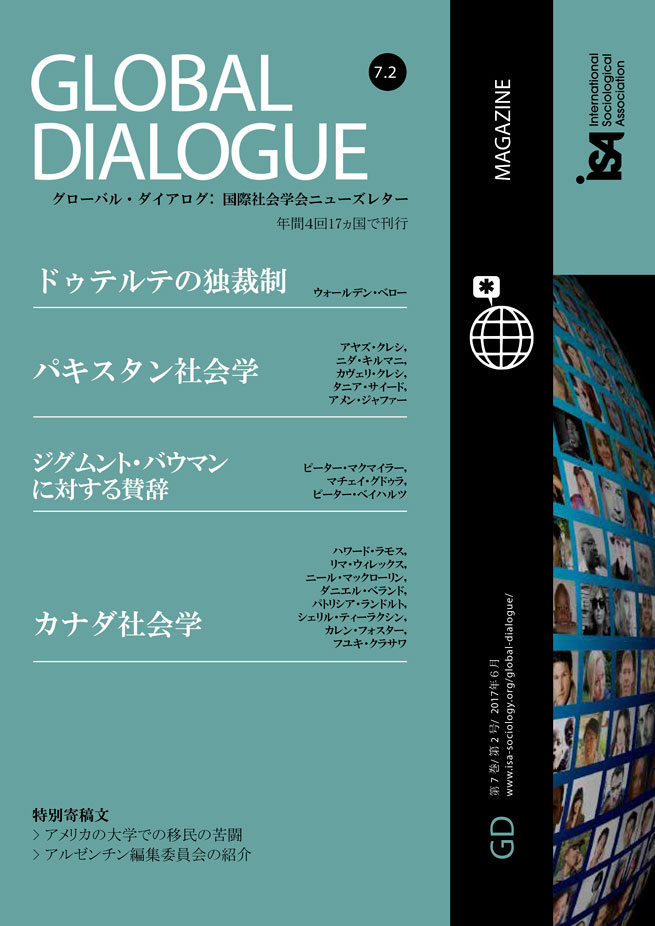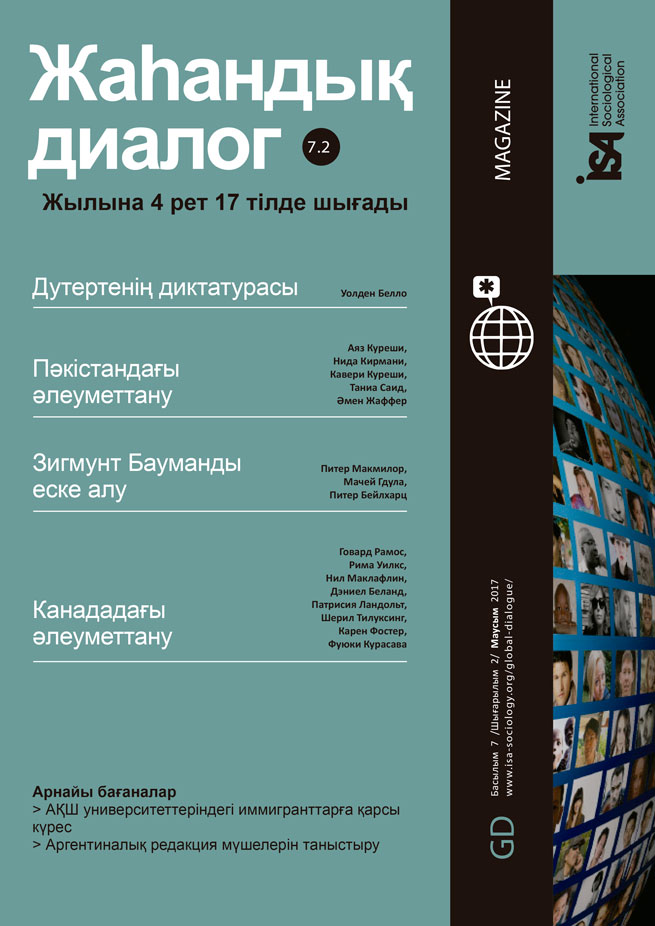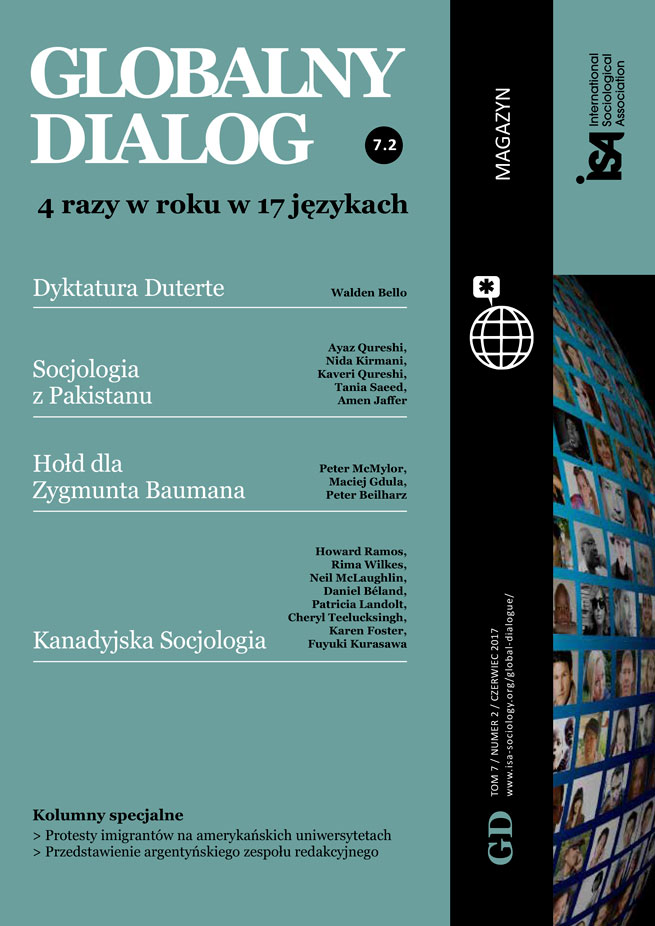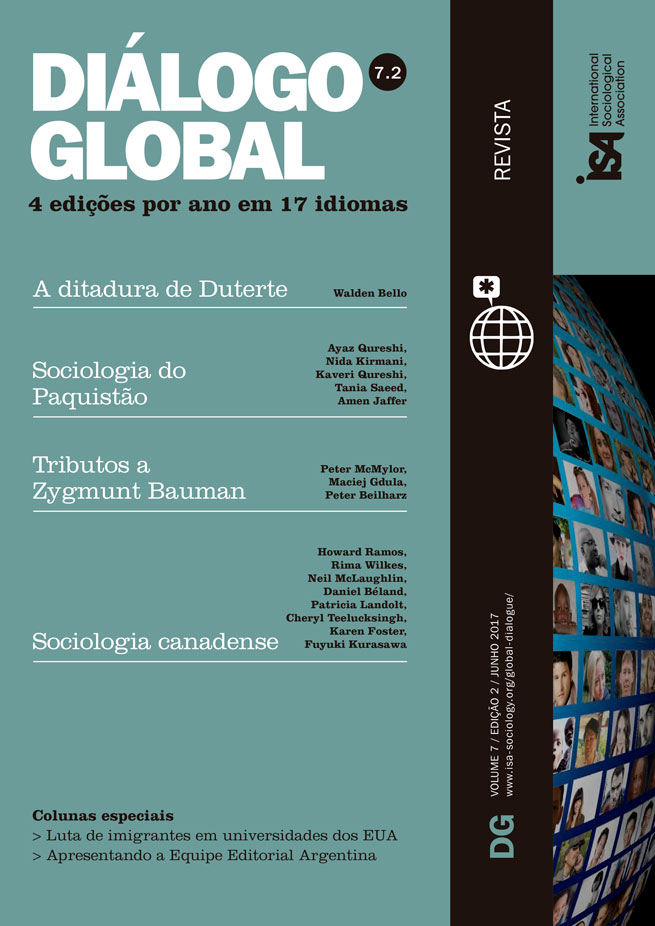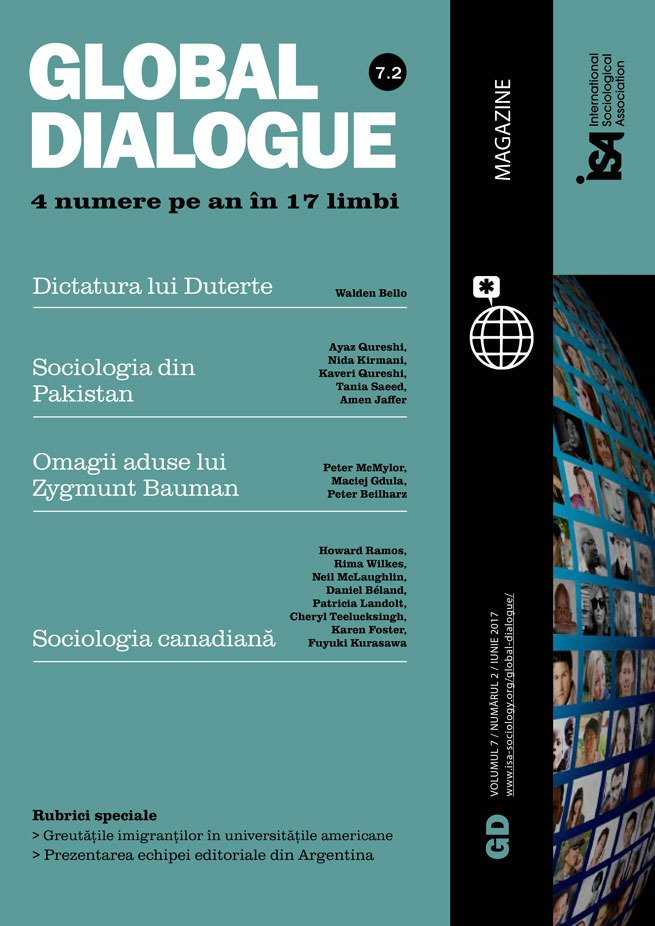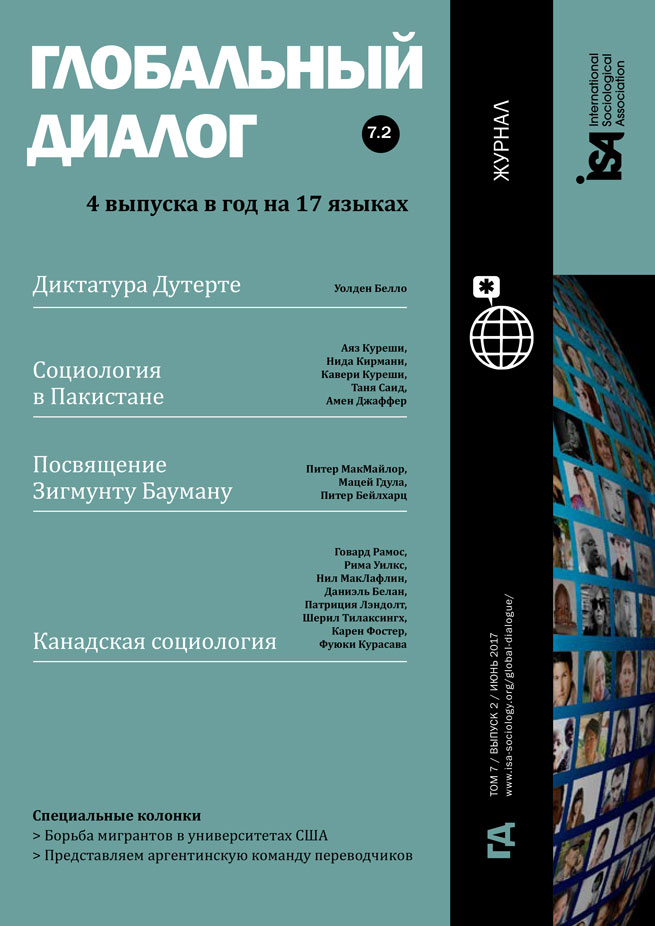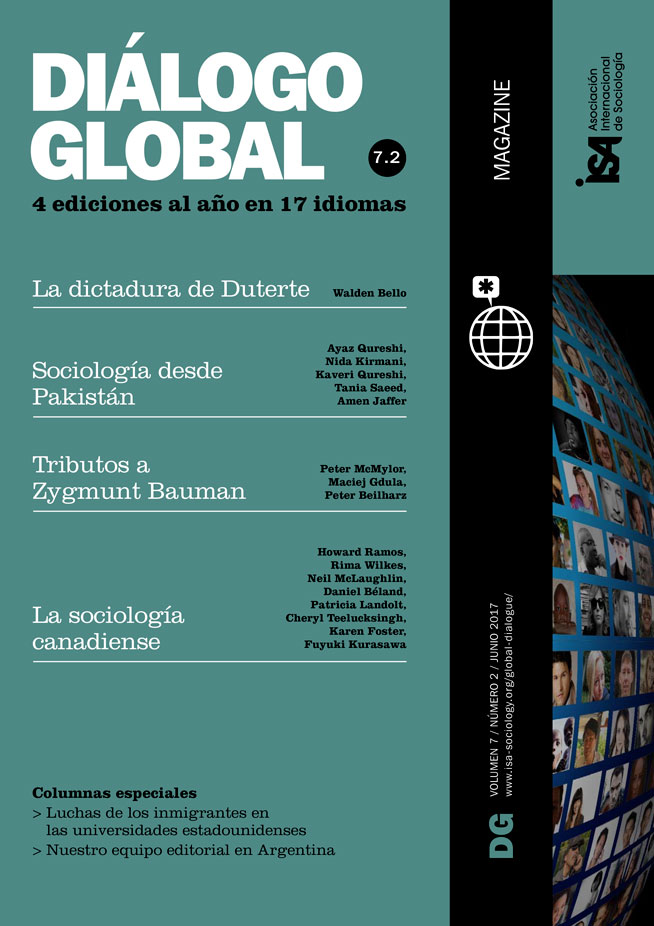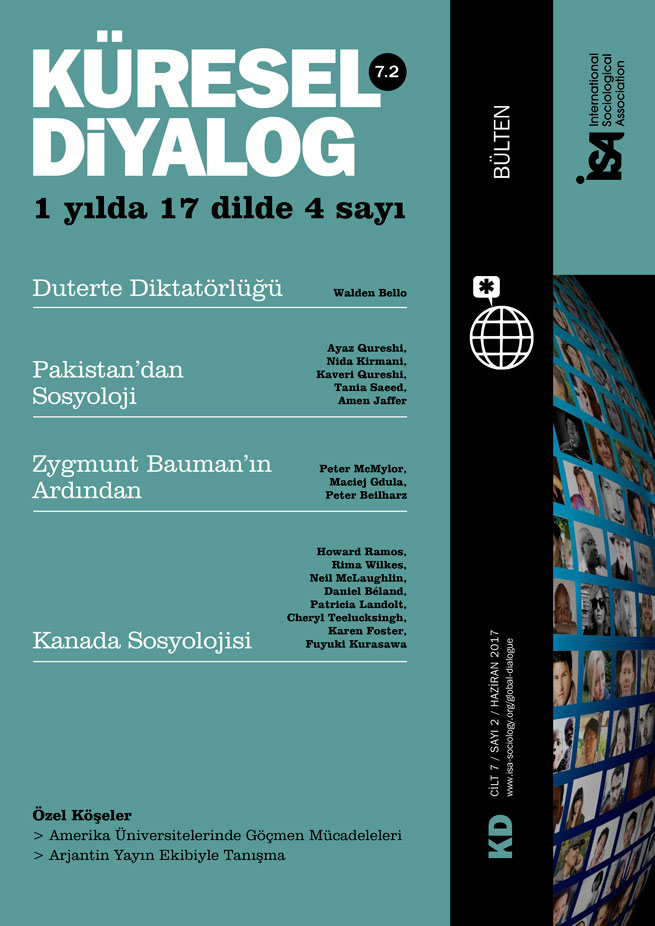Islamophobia and the British Security Agenda

May 30, 2017
Britain’s educational institutions are increasingly being drawn into the state’s security agenda. Under the Counter-Terrorism and Security Act (CTSA) 2015, educational institutions have a “statutory duty” to report students considered “at risk” of being radicalized. The signs or symptoms of this “radicalisation” are difficult to define; what is clear is that the “vulnerable” student is most likely to be a Muslim. Even more problematic, non-violent extremist thought can also render one suspect, if these ideas are believed to contradict “British values” – with the effect that these ideas are more likely to be silenced within universities, rather than challenged or debated.
The Counter-Terrorism Act 2015 was introduced a decade after the London bombing of July 7, 2005, though other counter-terrorism policies have also focused on educational institutions. Muslim students are quite familiar with being considered “suspect.” According to a British government report, Prevent Strategy (2011) security personnel were already working with educational institutions to monitor students “at risk.” A handful of cases – an alumnus of a London University, Umar Farouk Abdulmutallab, attempted to target a plane bound for the US; another ex-student, Roshonara Choudhry, stabbed a British politician to avenge the people of Iraq; young students have run away to join ISIS prompted greater apprehension for the educated Muslim identity. But the new law makes university surveillance a legal obligation. Instead of engaging with Muslim students, the policy alienates them, ironically creating an atmosphere of increased insecurity. While the Muslim male is perceived as a more immediate threat, the Muslim female oscillates between being seen as either a victim or a radical, hidden in plain sight behind the veil.
A study undertaken between 2010 and 2012 explored biographical narratives of 40 young Muslim female students and alumni of British universities, examining their experiences of Islamophobia and the British state’s security agenda. Conducted at a time when the British Muslim Pakistani identity was considered highly suspect, the study included both British students with a Pakistani heritage and non-British Pakistanis studying in England; and Muslim women whose clothing expressed different “degrees of religiosity,” ranging from a face veil (niqab), a head scarf (hijab) with a long gown (jilbab), the traditional Pakistani tunic (kameez) with pants (shalwar), to practicing Muslims without any physical identifiers. The study focused on the experiences of Islamic Student societies (ISocs) which had been criticized for failing to counter radicalization on campuses. Welfare officers, representatives of student unions and heads of Islamic student societies were also interviewed.
Female experiences varied based on physical appearance. Not surprisingly, the niqab attracted attention; young women described being yelled at or called extremist or “Osama bin Laden’s wife,” with the veil becoming a physical marker of an alien religion and identity. Respondents described being the target of racial slurs that revealed more about the speaker than the target – especially in instances where the term “lesbian” was used as an insult directed towards a niqab- or hijab-wearing Muslim. Used as an insult, the term reflects the heteronormative bias of the Islamophobe, where the Muslim woman further becomes abnormal as she practices segregation. By contrast, Muslim women who wore no obvious religious identifiers felt they were never “Muslim enough” for the non-Muslim gaze, and felt they had to justify their beliefs. The Pakistani appearance, however, provoked stereotypes of the culturally oppressed, uneducated Pakistani female, a victim of a primitive culture that supports honor killings and forced marriages.
Students struggled with these experiences both off and on university campuses, but members of ISocs were especially singled out. Male and female ISoc members often had to defend themselves, not only against university administrations that were suspicious of student events and speakers, but also against self-proclaimed “moderate” Muslims. Respondents described how “moderate” Muslims often avoided ISoc events out of fear of being labelled extremist through association, while ISoc members described being called terrorists, expressing suspicions that they had been monitored by intelligence agencies or infiltrated by spies. Many respondents also described how a fear of being labelled extreme led to self-censorship, as some students avoided political campaigns out of fear of being considered radical.
The Pakistani-Muslim nexus also revealed another kind of vulnerability, whereby the Pakistani Muslim became “hyper-securitized” at a time when the Pakistani identity was viewed with greater suspicion due to the “war on terror” being fought on Pakistani soil. Some students may have avoided political causes linked to Pakistan but still engaged in causes related to the Arab Spring or Palestine; others described lying about their nationality, especially after July 7, 2005.
These findings revealed that different Muslim communities may experience the security discourse differently not only based on their religiosity but also on ethnic or national identities. The US President Donald Trump’s 2017 Muslim ban on certain Muslim countries, like the focus of the global counter-terrorism agenda on Syria and the adjoining region, testify to different responses faced by different Muslim identities in an evolving socio-political context.
If the degree of religiosity shaped levels of suspicion and discrimination encountered in daily life, the study also showed that young students actively attempted to raise awareness to counter stereotypes. Through the “Islam Awareness Week,” or simply by challenging preconceived ideas about Islam, groups of Muslim students attempted to change attitudes. While some students rejected the burden of asserting “normality” or innocence, one cannot discount efforts made by both Muslim and non-Muslim students to resist the spreading security agenda.
Many universities were aware of a “duty of care” towards students, namely, their duty to ensure “freedom of speech” and a “statutory duty” to inform on any student considered “at risk” of radicalization. However, such “duty of care” has been compromised at times, as in the case of Mohammad Umar Farooq, a Staffordshire University student who was reported to authorities by university personnel for reading a textbook on Terrorism Studies; Rizwaan Sabir who was reported for downloading an Al Qaeda manual (a document that was already available in book stores) for research; and instances of school children wrongly reported to authorities.
Universities will continue to be drawn into the state’s security agenda, as evidenced by the adoption by the Higher Education Funding Council for England of a strategy to implement universities’ “statutory duty” under CTSA 2015. Muslim students interviewed for this study expressed a willingness to talk with security personnel, provided they are not constantly under suspicion. They recognize that although most young British Muslims reject groups such as ISIS, the problem is nonetheless important to tackle. Indeed, most respondents were willing to take up this challenge within the university. However, by rendering all Muslim students suspect, by reinforcing a culture of insecurity where controversial views are shunned without being challenged, the university creates an atmosphere where Muslim students become vulnerable to Islamophobia and discrimination, so that universities are at risk of failing in their “duty of care” toward Muslim students, and are in danger of becoming just another cog in the state’s security apparatus.
Tania Saeed, Lahore University of Management Sciences, Pakistan <tania.saeed@lums.edu.pk>

